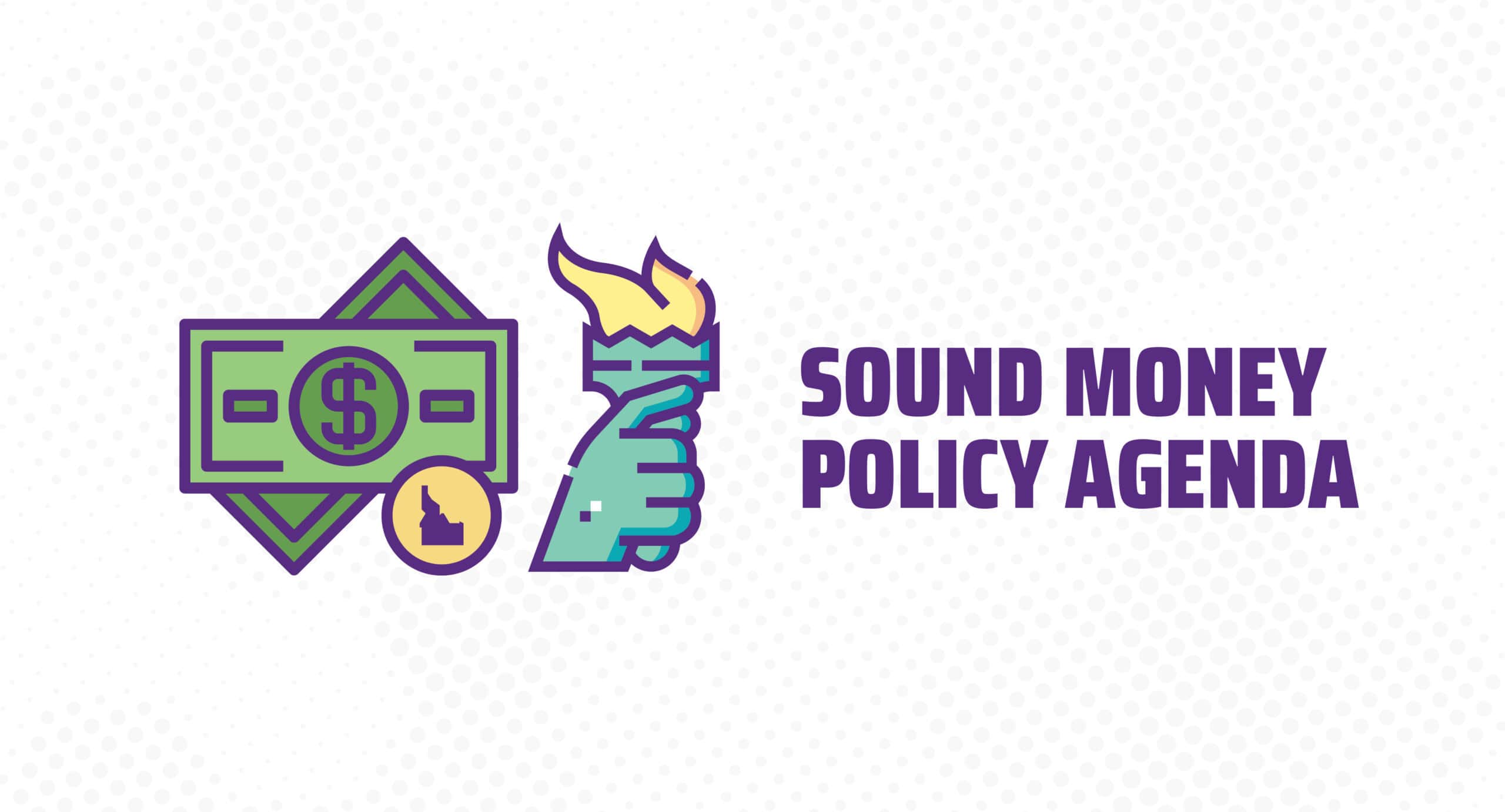
Federal mismanagement of the American financial system has made families worse off and threatens our nation's future prosperity. Irresponsible spending programs have driven the rapid rise of inflation and the cost of living. A dollar today buys just 84% of what it did in 2018. This means families are increasingly burdened by lower real earnings and higher prices.
Tragically, the federal government continues to burden future generations of Americans. Debt held by every man, woman, and child in the United States is north of $101,000 and growing.
This financing scheme is doomed to fail, and Idaho is not immune. In fact, Governor Little is perpetuating the problem by propping up expanded state programs with federal dollars. Two of every five dollars the Legislature appropriates come from Washington, D.C. This amounts to nearly $5.8 billion in projected appropriations of federal funds for the 2023 fiscal year.
The costs of this federal dependency go beyond the financial burdens borne by Idahoans. Bureaucrats in Washington, D.C., have effectively purchased the policy apparatus of our state. The strings attached to these federal funds support dozens of programs threatening Idaho’s culture and values. The system propagates itself as Idahoans become increasingly dependent on government programs to relieve them of the rising costs of implementing these programs in the first place.
The federal government’s desire for control does not stop there. The Federal Reserve intends to implement a so-called central bank digital currency — also known as a CBDC — designed to thrust America into a cashless economy. This technology could be used to intimately monitor the financial behavior of every citizen. It can also be programmed to automatically deduct taxes and pay out welfare benefits.
This unprecedented regulation and oversight of everyday Americans is not only a clear violation of the U.S. Constitution, it also circumvents the coinage clause by acting as a universal digital ledger for financial transactions rather than serving as currency itself. Introducing a CBDC would be disastrous for our nation and our liberties.
Conservatives need to act fast to defend our financial liberties. The following solutions would forge the pathway to real financial freedom and promote sound money in the Gem State.
Idaho law should bar any state official or agency from participating in the development or implementation of a CBDC. This would prevent the state from forcing the protocol on residents and protect Idaho’s assets from unprecedented federal control. Legislation should differ from those in other states by providing an enforcement mechanism for those who violate the statute.
State Financial Sovereignty Act
It’s not enough to ban state agencies and officials from utilizing a central bank digital currency. Private businesses are still vulnerable to federal control. Lawmakers should lift restrictions on the free market to innovate with sound money solutions. This requires eliminating capital gains taxes on using digital assets as money in everyday purchases and defending the individual right to hold and mine these assets.
The Blockchain Basics Act by the Satoshi Action Fund
Idaho should amend the law to allow the State Treasurer to hold a portion of Idaho’s assets in physical gold and silver. This helps reduce the devaluation of state assets from inflation and redirects the state toward Constitutional money.
Idaho Constitutional Money Act
Despite efforts to depart from the American system of unconstitutional fiat money, the government will continue to find ways to monitor citizens’ finances. Other states contemplated reforms to prevent state-level agencies from unconstitutionally accessing residents’ private financial information. Idaho should do the same to defend the progress made toward sound money reform.
The Legislature should reject the addition of new federal funding and work to cut large, intrusive federal grant programs entrenched in our state government. Idaho should strive to cut federal funds by at least 50% over the next five years. This would return Idaho to the federal funding levels not seen since before 2018.
After this ambitious goal, lawmakers should continue identifying where the free market could serve Idahoans better than a state program and make cuts accordingly.
